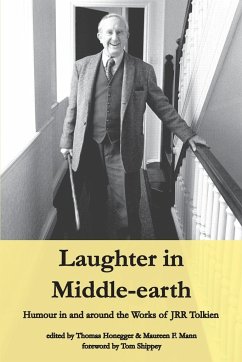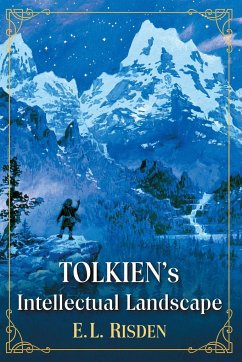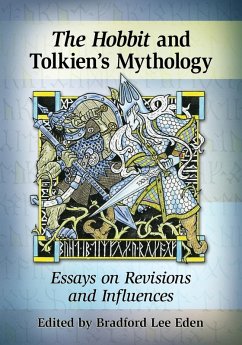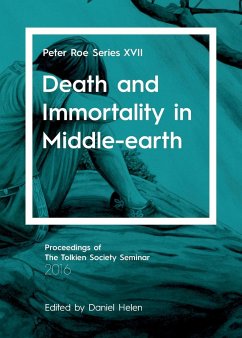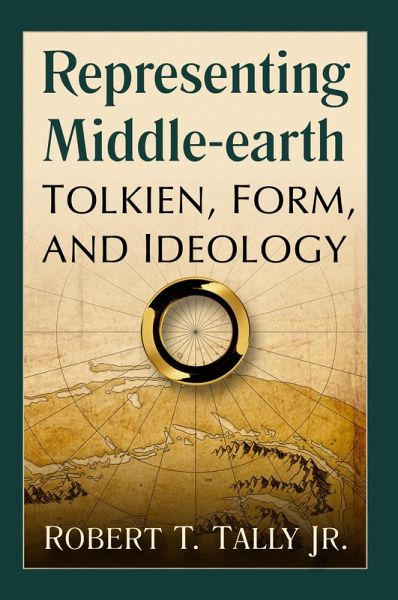
Representing Middle-earth
Tolkien, Form, and Ideology
Versandkostenfrei!
Versandfertig in 1-2 Wochen
44,99 €
inkl. MwSt.

PAYBACK Punkte
22 °P sammeln!
In such classic works as The Hobbit, The Lord of the Rings, and The Silmarillion, J. R. R. Tolkien depicts a vast, complex world-system. Tolkien's Middle-earth comes to life with intensely detailed historical, geographical, and multicultural content, which is presented through different poetic forms that combine elements of epic, romance, myth, history, and the modern novel. This book analyzes Tolkien's project, paying attention to narrative form and its relation to social contexts, while also exploring his broader philosophical conception of history and the role of individual and collective s...
In such classic works as The Hobbit, The Lord of the Rings, and The Silmarillion, J. R. R. Tolkien depicts a vast, complex world-system. Tolkien's Middle-earth comes to life with intensely detailed historical, geographical, and multicultural content, which is presented through different poetic forms that combine elements of epic, romance, myth, history, and the modern novel. This book analyzes Tolkien's project, paying attention to narrative form and its relation to social contexts, while also exploring his broader philosophical conception of history and the role of individual and collective subjects within it. Tolkien's published and posthumous writings, the film adaptations, and recent scholarship are all examined to provide an enlarged and refined critical perspective of these major works. Drawing upon Marxist literary theory and criticism, Robert T. Tally Jr. calls into question traditional views of race, class, morality, escapism, and fantasy more generally. Through close readings mixed with theoretical speculation, Representing Middle-earth allows readers see Tolkien's world, as well as our own, in a new light.





